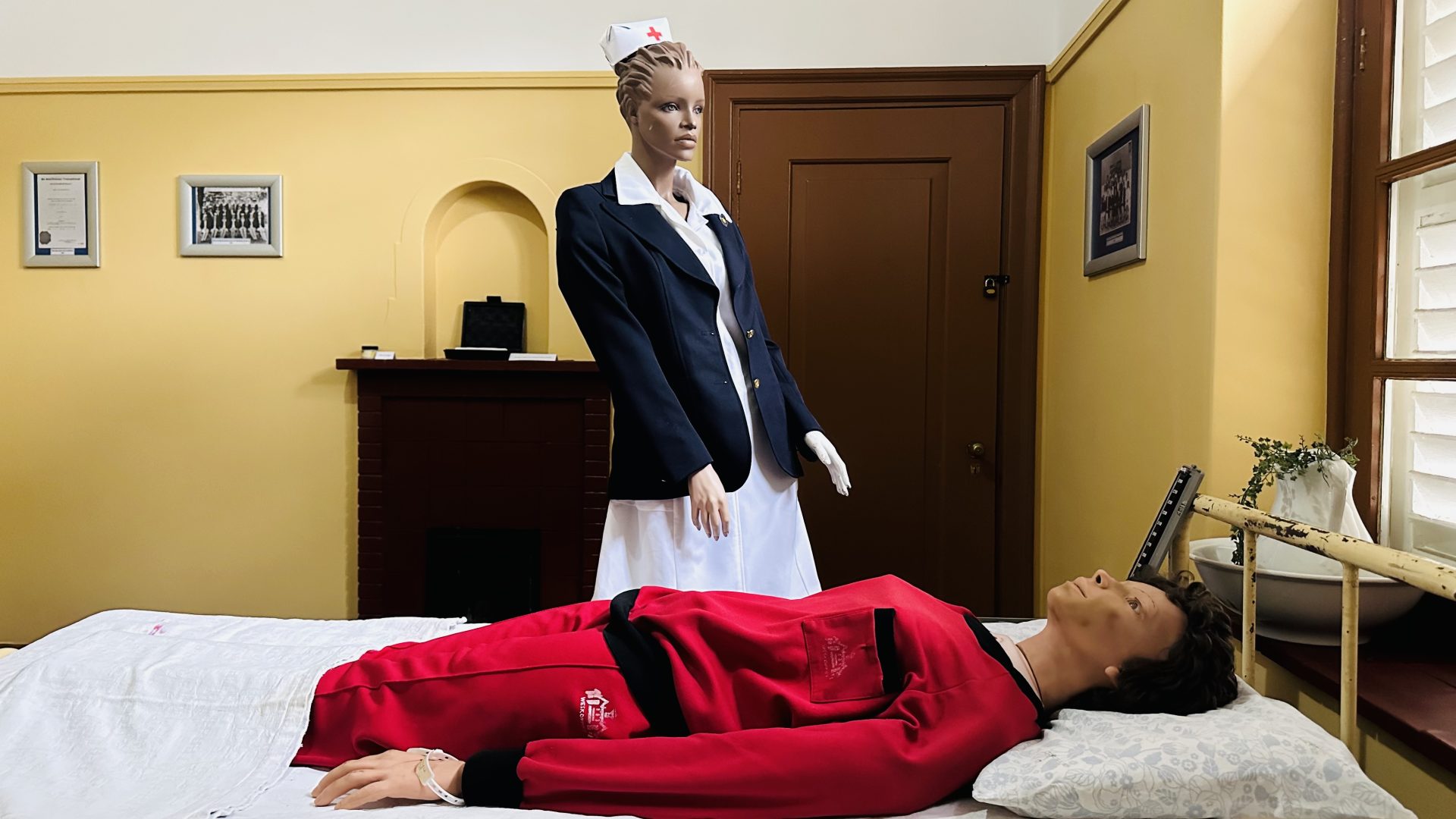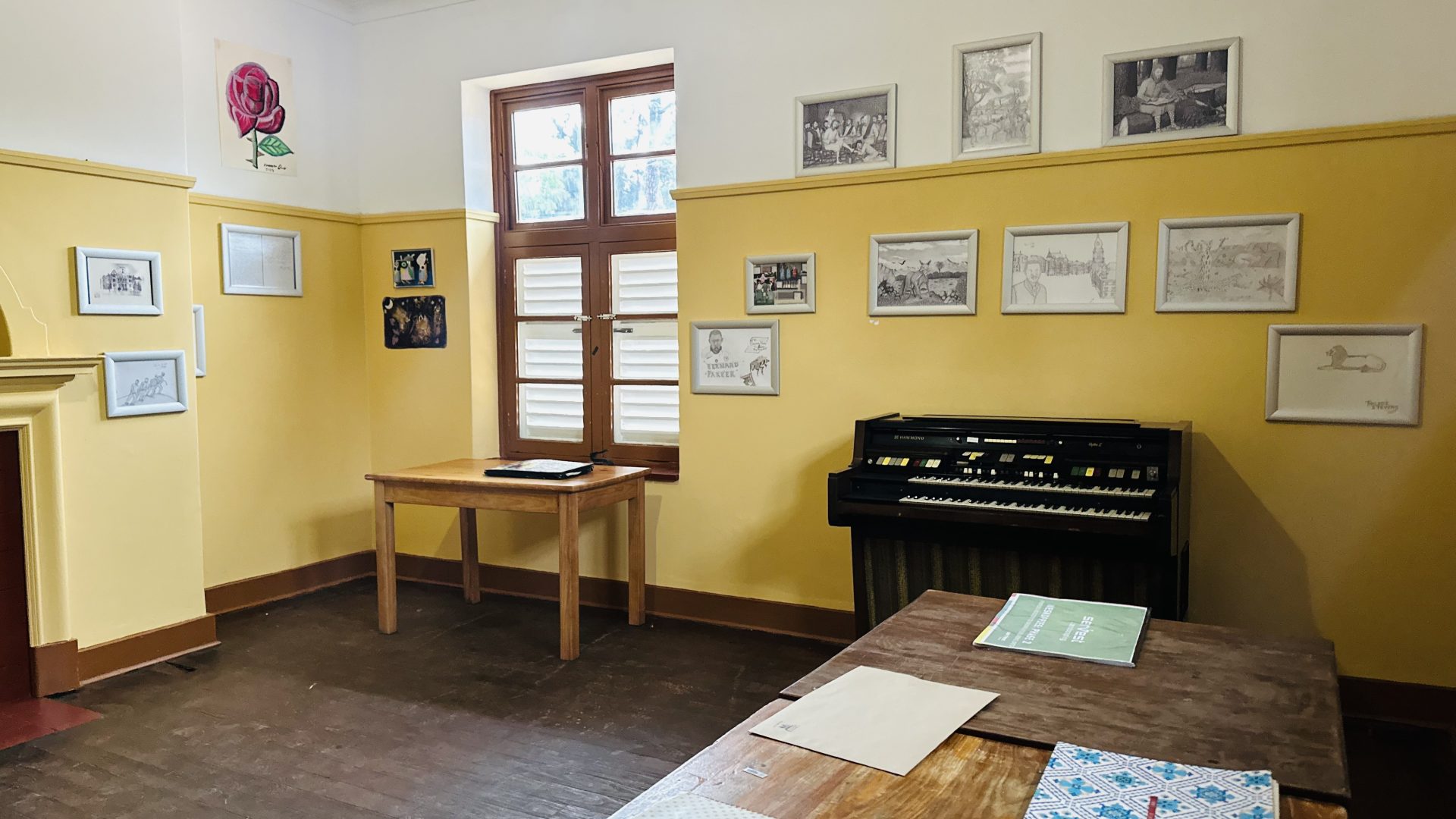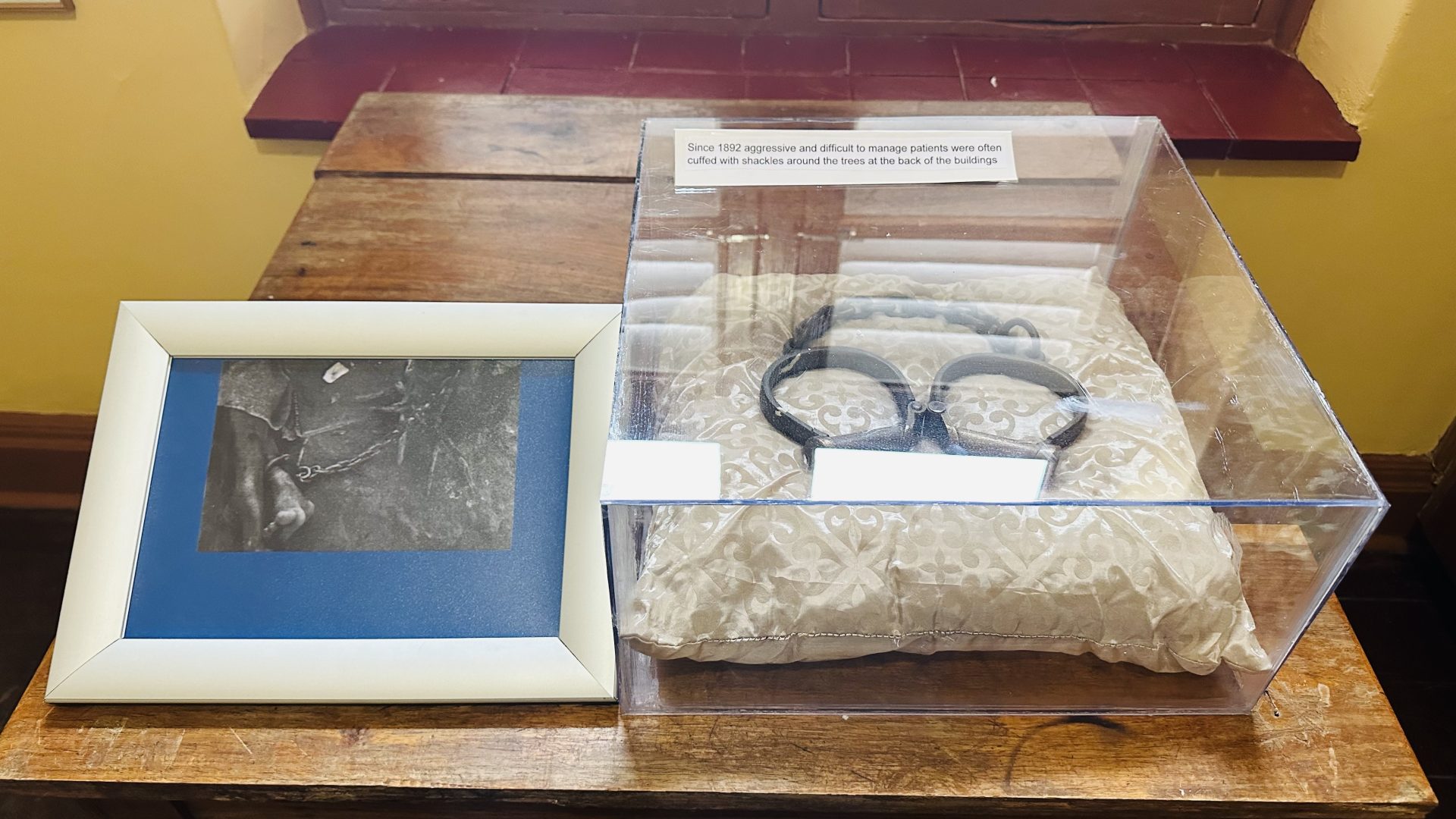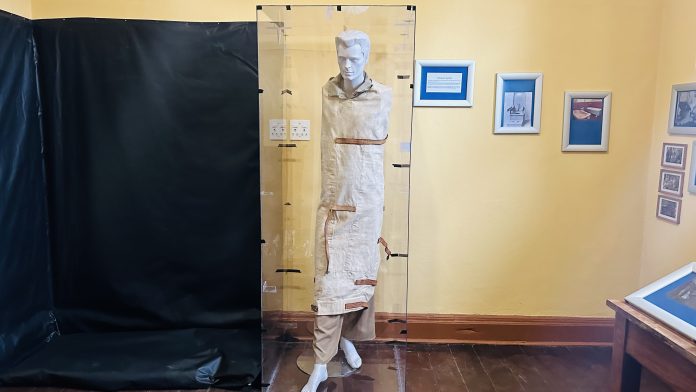The history of mental illness treatment in South Africa has been immortalised through the opening of the Mental Health Museum on October 31.
The occasion on the last day of Mental Illness Awareness Month took place at Weskoppies Psychiatric Hospital in Tshwane. Weskoppies, opened in 1892, is among the country’s foremost psychiatric hospitals.
The new museum is set up at the entrance of Weskoppies. Gauteng health and wellness MEC Nomantu Nkomo-Ralehoko officiated at the unveiled ceremony.

The museum is aimed at conscientising the public about the value of mental illness treatment. It documents the history of mental health treatment through equipment, dummies representing patients and health workers, tools and even documents.
Nkomo-Ralehoko said the museum invites the public to confront misconceptions about mental health, replacing them with understanding, empathy and compassion.
“It provides a space for individuals, families, and communities to engage with this crucial aspect of our well-being in a meaningful and informative way. Beyond its educational role, the museum serves as a symbol of hope.
“For those who may have felt isolated or marginalised in their struggle with mental health, it offers a reminder that they are not alone, that their experiences are part of a broader wall-hanging of humanity,” Nkomo-Ralehoko said.
Reminder of historical injustices
the MEC also said the museum stands as a heartbreaking reminder of the historical injustices and inhumane treatment endured by those with mental disorders.
She described the museum as a beacon for acknowledging the basic human rights, including universal access to mental health services.

“The Mental Health Care Act of 2002 (Act No.:17 of 2002) played a pivotal role
in this transformation. It advocates for the care, treatment and rehabilitation of
individuals living with mental and intellectual disabilities across all levels of care.”
The Gauteng department of health said in a statement that it is currently in the process of implementing a number of interventions to increase resources for mental health. These will include mental health specialised professionals and rehabilitation services in order to improve access and availability of mental health services in the province.
The MEC for health’s spokesperson Tshepo Shawa said: “A number of Gauteng facilities have already been refurbished while others are undergoing refurbishment to ensure an addition of 206 acute mental health beds by the end of the 2023/24 financial year.
“These hospitals include Bertha Gxowa, South Rand, Tshwane District, Tembisa, Edenvale, Dr George Mukhari and Chris Hani Baragwanath Academic hospitals. Currently the province has 1 896 acute mental health beds.”

Shawa added that the Gauteng College of Nursing is addressing the limited graduate
output leading to shortage of mental health care practitioners and specialist nurses by advocating for accreditation of the programme. He said efforts have been made to train nurses to meet the imminent mental healthcare needs.



